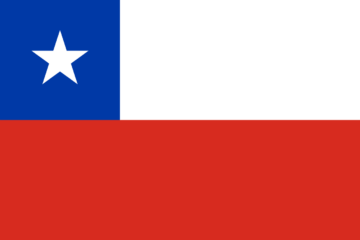 Ignacio Silva Neira in Phenomenal World:
Ignacio Silva Neira in Phenomenal World:
On September 11, 1980—seven years after Augusto Pinochet seized power from democratically elected Salvador Allende in a brutal US-backed military coup—the dictatorship passed a constitution that laid the groundwork for one of the world’s earliest and most enduring neoliberal experiments. The results of this experiment have been well documented: with the privatization of education, pensions, health, public transportation, and essential natural resources like water, Chile became one the most economically unequal countries in the OECD.
The protests that erupted over rising transportation fares in October 2019 forced a national reckoning around this political and economic infrastructure. Weeks of mass strikes and public protests reinvigorated discussion about Chile’s future. A year later, nearly 80 percent of the country’s citizens voted in favor of a new constitution in a nationwide referendum. With the 2021 election of social democratic candidate Gabriel Boric—a former student activist who gained prominence through the campaign for a Constitutional Convention—it seemed that a political transformation was underway.
But the path forward has proved meandering and vague. In September 2022, the Convention’s proposed constitution, one of the most progressive in history, was rejected by 62 percent of the public. A far-right Constitutional Council, elected in June of this year, has since proposed a new, right-led charter. On December 17, the country will return to vote on this constitutional proposal, marking the culmination of a fierce battle over Chile’s identity.
The Boric government’s dramatic reversal of fortune is the result of conflict over the position of indigenous communities within the Chilean state, the patriarchal mobilization against feminist demands, and the role of the state in economy and society. On this final point, the ongoing debates on the Chilean constitution reflect deep-rooted divisions that have plagued the country throughout its recent history.
More here.
